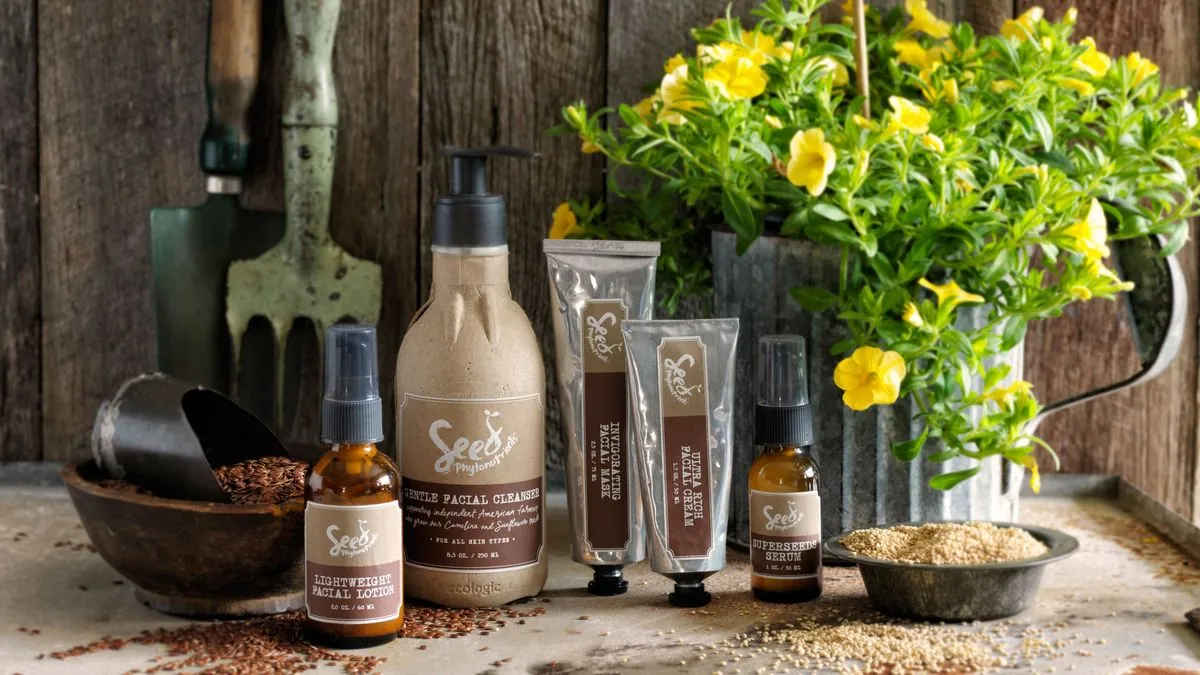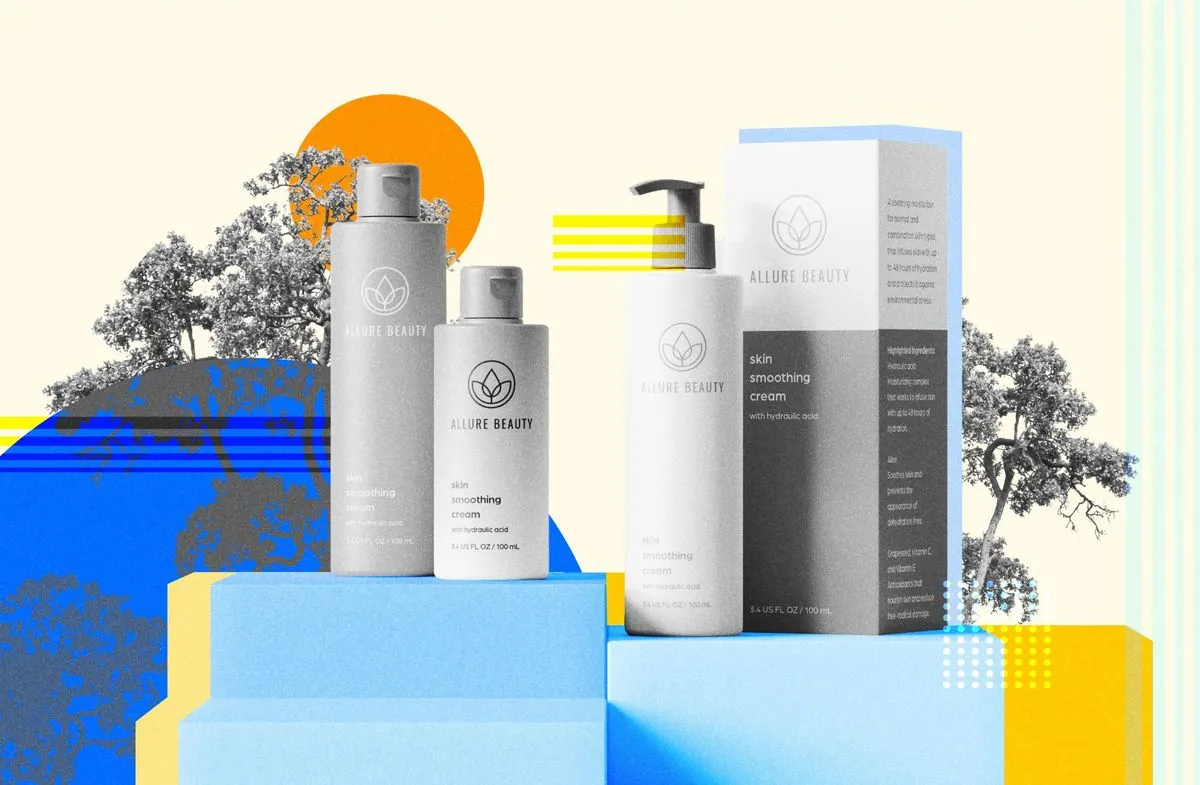Small Beauty Brands Face Uphill Battle for Sustainability in $511B Industry
Eco-conscious beauty entrepreneurs struggle with sourcing sustainable ingredients and maintaining transparency in a complex industry. Despite challenges, they persist in meeting growing consumer demand for "clean beauty".

In the wake of the COVID-19 lockdowns, Julie Thurgood-Burnett embarked on an unexpected journey into sustainable beauty. Her lavender patch, initially a lockdown project on her husband's family farm near Toronto, blossomed into Hereward Farms, a brand committed to authentic sustainability. This venture exemplifies the growing trend of eco-conscious small businesses in the beauty industry, which was valued at $511 billion in 2021.
Thurgood-Burnett's commitment to sustainability meant avoiding plastic packaging and sourcing Canadian ingredients whenever possible. However, she quickly discovered the complexities of tracing ingredient origins, a challenge that plagues the entire beauty industry.
"There's sustainability certification groups that will certify ingredients. So palm oil might be sustainably sourced, for example, but then it gets blended with other palm oil and you start to lose track."
The beauty industry's supply chain opacity is a significant hurdle for small brands aiming for transparency. Bindiya Vakil, CEO of Resilinc, notes that even major companies struggle to trace their materials' origins fully. This lack of transparency is compounded by frequent supplier changes and the industry's environmental impact, including contributions to carbon emissions, deforestation, and pollution.
Climate change further complicates matters, disrupting production through extreme weather events. Despite these challenges, consumer demand for "clean beauty" and sustainability continues to grow. The global organic personal care market was valued at $17.9 billion in 2020, reflecting this shift in consumer preferences.
Small business owners like Rina Clarke of Buck Naked Soap Company and Charlie Razook of Jackfir face numerous obstacles in their quest for sustainability. Clarke has had to forgo popular scents like sandalwood, one of the most expensive essential oils, due to sustainability concerns. Razook spent years obtaining third-party certifications and adjusting product formulas to meet his eco-friendly goals.
These entrepreneurs often accept smaller profit margins and higher costs to maintain their values. However, they find motivation in customer demand for transparency and sustainability. The cosmetics industry, which produces over 120 billion units of packaging annually, is slowly responding to this shift, with major retailers like Sephora and Ulta Beauty introducing sustainability-focused product labels.

Despite the challenges, many small business owners find personal satisfaction in their sustainable practices. As Thurgood-Burnett reflects on her lavender crop, she notes the unexpected joy of contributing to a thriving ecosystem. This sentiment echoes the broader movement towards more responsible and environmentally conscious beauty practices, a trend that continues to gain momentum in the face of industry-wide challenges.


































